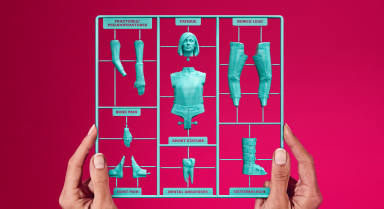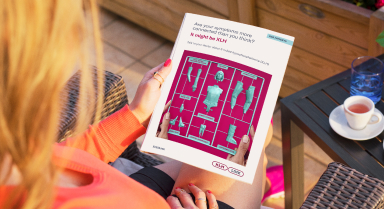Are you connecting the symptoms?
Learn about the signs and symptoms of this rare condition and how to get diagnosed.
XLH is primarily an inherited condition, which means it runs in families.

New symptoms of XLH may appear as you get older and can worsen or change over time.

Individuals with XLH can continue to experience symptoms throughout their lives.

Learn about the signs and symptoms of this rare condition and how to get diagnosed.

Find out what you can do to manage XLH.

Find additional support through educational resources and connect with the XLH community.
“I learned my diagnosis when I was 33 years old because I realized there was something not quite right with my little girl. Her legs were very bowed, and I knew that something wasn’t right.”
Find out if your symptoms are connected to XLH.
Learn about diagnosis
Emily and her daughter Isla
Both living with XLH
Sign up to receive helpful resources, get important event invites, and hear real patient stories that will support you on your journey.
Sign up